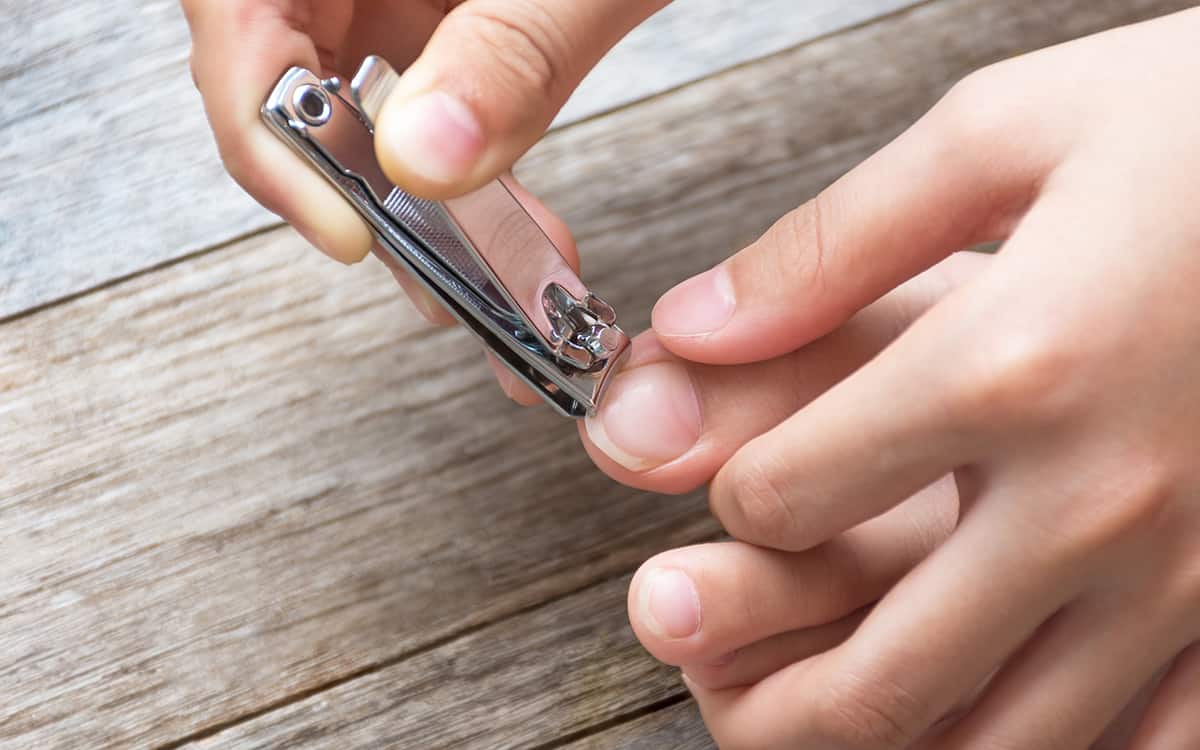Contents:
- Medical Video: Assessment and Treatment for Eating Disorders | UCLAMDChat Webinar
- Get to know eating disorders
- Diagnosis of eating disorders
- 1. Physical evaluation
- 2. Psychological evaluation
- When can a person be diagnosed with an eating disorder?
Medical Video: Assessment and Treatment for Eating Disorders | UCLAMDChat Webinar
Eating disorders can affect anyone. This disorder can experience serious and life-threatening complications. So, it's important to get help for this condition. However, before a doctor can treat it, they must diagnose the condition.
Get to know eating disorders
There are four main types of eating disorders, namely:
- Anorexia nervosa is a disorder of eating behavior characterized by excessive fear of weight. Patients tend to limit food intake by carrying out extreme diets that are very strict. They tend to let themselves starve because they are too afraid of weight gain after eating.
- Bulimia nervosa is a eating disorder that is characterized by repeated episodes of overeating followed by an "self-cleansing" alias"Purging" from these foods. Purging can be done by forcibly vomiting food can also by taking laxatives or diuretics, and diet pills.
- Binge eatingis a disorder of uncontrolled eating behavior, but without purging.
- Other eating disorders (OSFED) namely eating disorders that are incompatible with the other three types of eating disorders.
The exact cause of eating disorders is unknown. However, several factors can contribute to this disorder.
Eating behavior disorders can begin in adolescence and young adults. At that age, many people were desperately trying to get a body shape like a model (which in reality is not necessarily healthy). Some mental disorders such as obsessive-compulsive disorder (OCD) and depression can also increase the risk.
Eating disorders can be a serious problem if not treated properly and get an early diagnosis. Some people may deny this problem. However, certain symptoms can indicate that a person has a problem with his diet.
Doctors use physical and psychological evaluations to diagnose eating behavior disorders. They will also make sure you meet the diagnostic criteria for eating disorders. This criterion is described in Diagnostic and Statistical Manual of Mental Disorders (DSM-5), issued by American Psychiatric Association (WHAT).
Diagnosis of eating disorders
1. Physical evaluation
Physical examination
During a physical examination, the doctor will check your height, weight, and vital signs. Your doctor will also examine your lungs and heart, because eating disorders can cause high or low blood pressure, slow breathing, and a slow pulse.
The doctor may examine your stomach. They can also check your skin and hair to see the moisture, or look for brittle nails.
In addition, your doctor may ask about other problems that might occur, such as a throat or intestinal problem. Because this can be a complication of bulimia.
Laboratory test
Eating disorders can damage the body and cause problems with vital organs. So, the doctor may undergo laboratory tests, including:
- Check blood regularly
- Check liver, kidney and thyroid function
- Urine test
Your doctor may also suggest X-rays to look for broken bones, which can be a sign of bone loss from anorexia or bulimia. An electrocardiogram (EKG) can check your heart aberration.
Your doctor may also examine your teeth for signs of decay. This is another symptom of eating disorders.
2. Psychological evaluation
Doctors do not diagnose eating disorders based only on physical examination. Psychological evaluation by a mental health specialist is also needed.
The psychiatrist will ask about your eating habits. This aims to understand the nature or pattern of your behavior towards food and how you eat. Doctors also need to get an idea of how you look at your body shape.
When can a person be diagnosed with an eating disorder?
Before your doctor diagnoses you with an eating disorder, you must meet the criteria for certain types of disorders. Symptoms of eating disorders also vary, depending on the type of eating disorder.
Anorexia nervosa
- Thin or very thin body
- Insomnia
- Feeling very tired
- Dizziness and fainting
- Bluish nails
- Brittle hair and nails
- Constipation
- Dry skin
- Irregular heart rhythm
Bulimia nervosa
- Fear of rising weight
- Use extreme weight loss supplements
- Forcibly vomiting food
- Do extreme sports
- Use laxatives, diuretics, or enemas regularly
Binge eating
- Overeating is uncontrollable, even though it's full
- Eat secretly
- Dieting but not losing weight
- Depression and anxiety
After getting a diagnosis from a doctor, then you can start planning the best type of treatment to deal with the disorder. Your doctor may refer you to a psychologist, psychiatrist, nutritionist, or other expert who is related to your condition. Adhere to recommendations from your doctor and focus on healthy living, not to cure illness or so that your body can look perfect.












